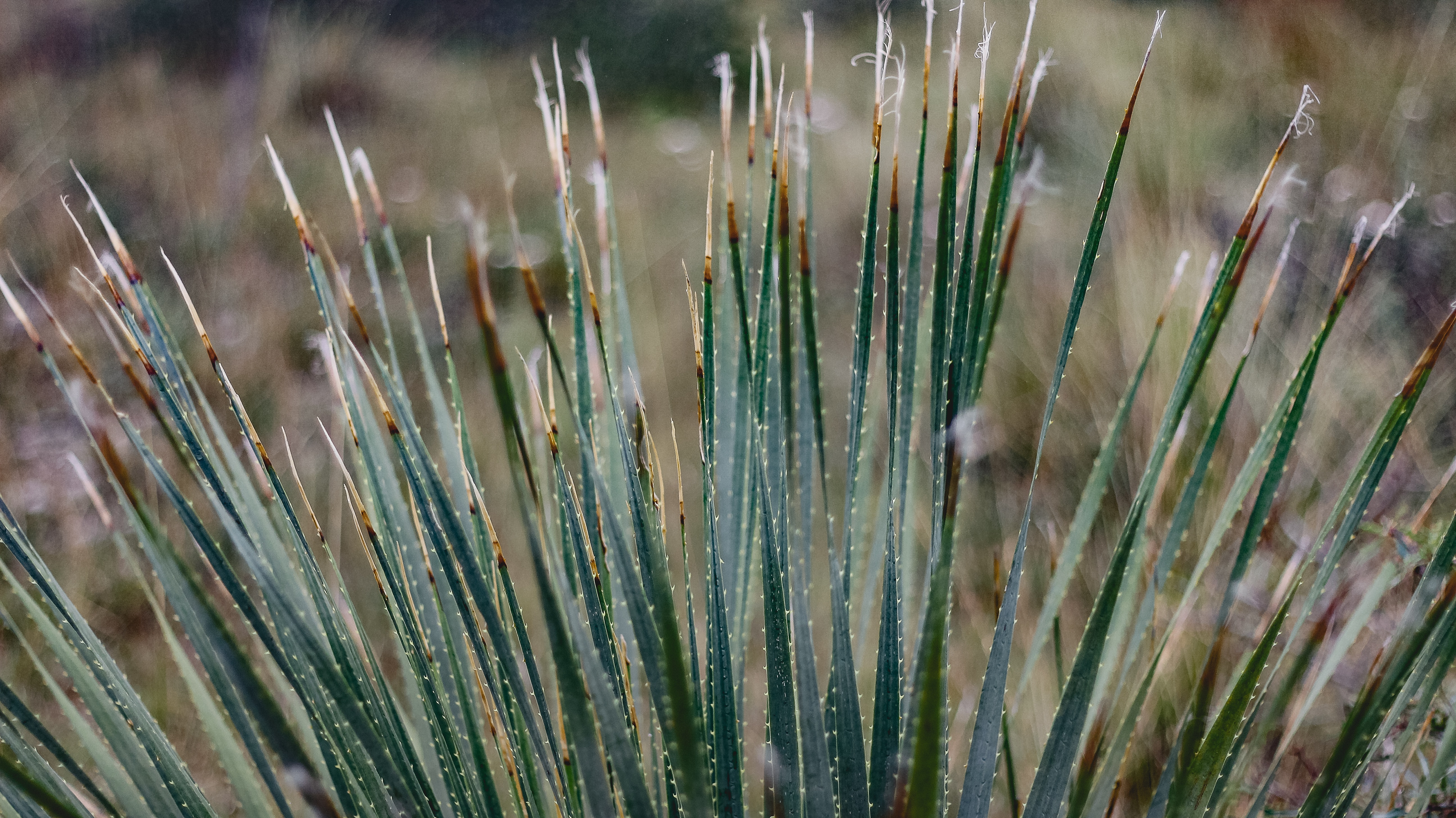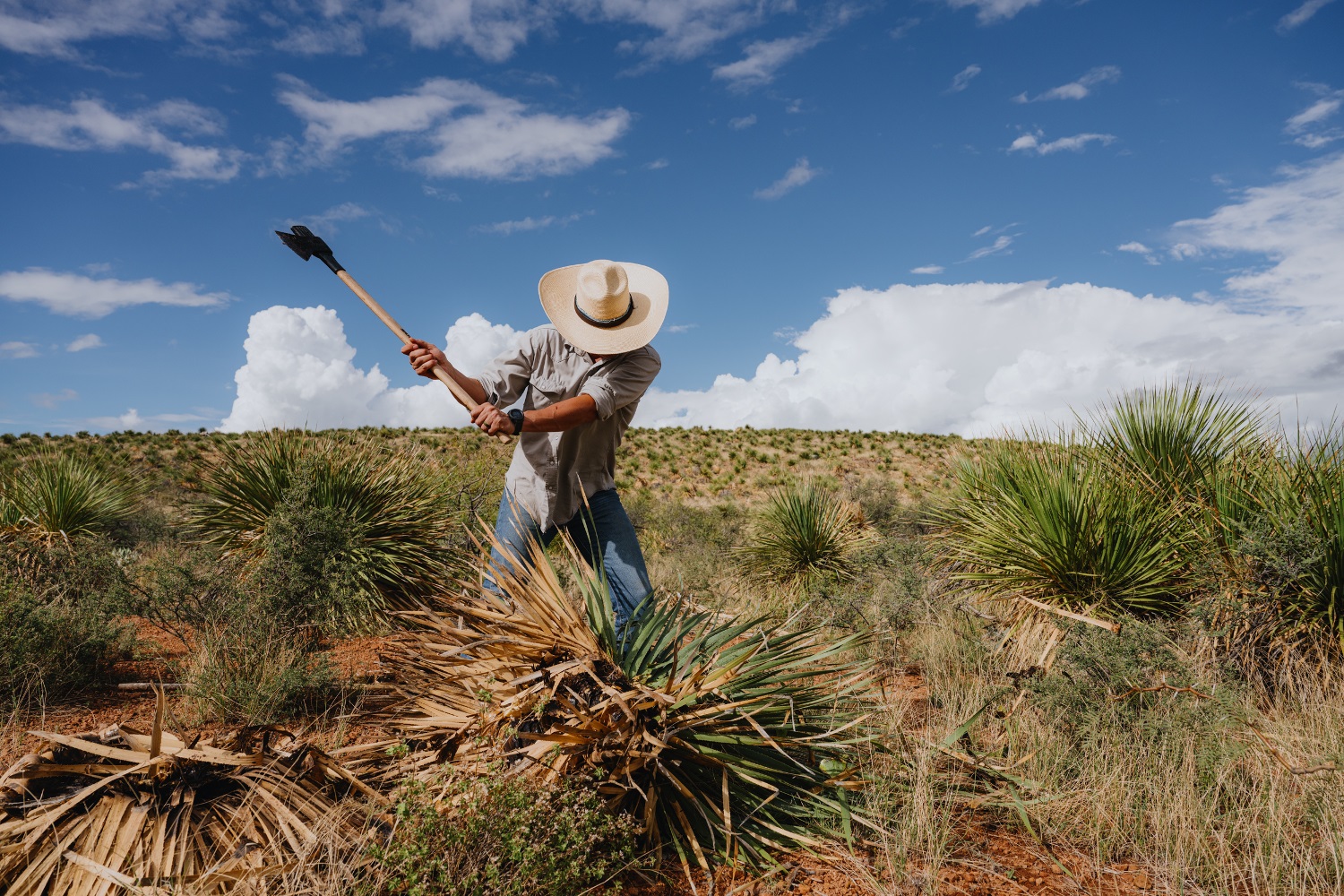SOTOL

WHAT IS SOTOL?
Sotol is a distilled spirit that originates from the northern regions of Mexico, particularly the states of Chihuahua, Durango, and Coahuila. It is made from the Dasylirion wheeleri plant, commonly known as the Desert Spoon or sotol plant, which is native to the arid desert regions of Mexico.
The production of sotol involves harvesting the mature sotol plants, which resemble large succulents with long, spiky leaves. The heart of the plant, known as the piña, is harvested and processed to extract its juices. Unlike tequila and mezcal, which are made from agave plants, sotol is made from the sotol plant, a different species altogether.
The production of sotol involves harvesting the mature sotol plants, which resemble large succulents with long, spiky leaves. The heart of the plant, known as the piña, is harvested and processed to extract its juices. Unlike tequila and mezcal, which are made from agave plants, sotol is made from the sotol plant, a different species altogether.

Once the piñas are harvested, they are cooked, typically in stone-lined pits or ovens, to convert the starches into fermentable sugars. The cooked piñas are then crushed, and the extracted juice is fermented using natural, wild yeasts. The fermentation process can last several days or longer, allowing the flavours and aromas to develop.
After fermentation, the liquid is distilled at least once, sometimes multiple times, in copper stills. This distillation process helps to purify the spirit and enhance its flavour profile. The resulting sotol is typically clear or slightly coloured and can have a range of flavours, depending on factors such as the region, production methods, and aging process.
Sotol exhibits a diverse flavour profile, often described as earthy, herbaceous, and slightly smoky, with notes of green vegetation, citrus, and hints of minerality. It is known for its smoothness and versatility, making it enjoyable both as a sipping spirit and as an ingredient in cocktails.
Sotol has a long history in the northern regions of Mexico, where it has been produced for centuries. It holds cultural significance and is considered a traditional and emblematic spirit of the region. In recent years, sotol has gained recognition beyond Mexico's borders, attracting attention from spirits enthusiasts who appreciate its unique taste and heritage.
After fermentation, the liquid is distilled at least once, sometimes multiple times, in copper stills. This distillation process helps to purify the spirit and enhance its flavour profile. The resulting sotol is typically clear or slightly coloured and can have a range of flavours, depending on factors such as the region, production methods, and aging process.
Sotol exhibits a diverse flavour profile, often described as earthy, herbaceous, and slightly smoky, with notes of green vegetation, citrus, and hints of minerality. It is known for its smoothness and versatility, making it enjoyable both as a sipping spirit and as an ingredient in cocktails.
Sotol has a long history in the northern regions of Mexico, where it has been produced for centuries. It holds cultural significance and is considered a traditional and emblematic spirit of the region. In recent years, sotol has gained recognition beyond Mexico's borders, attracting attention from spirits enthusiasts who appreciate its unique taste and heritage.





 Monday to Thursday 9am to 5pm
Monday to Thursday 9am to 5pm